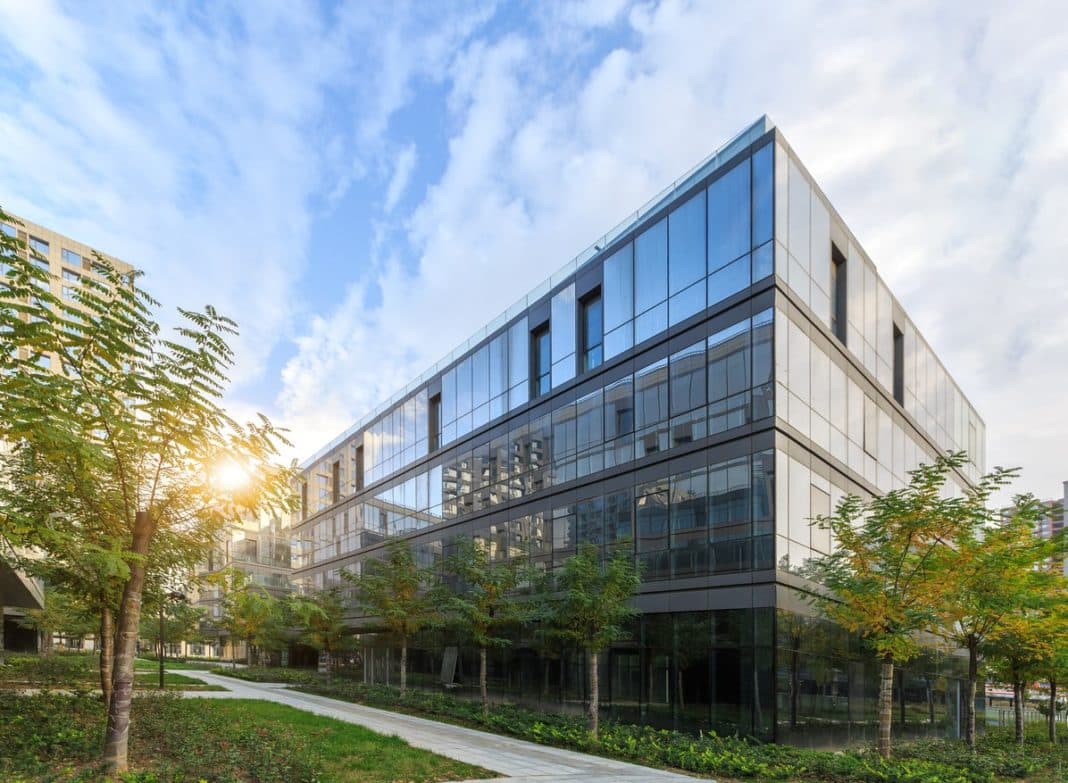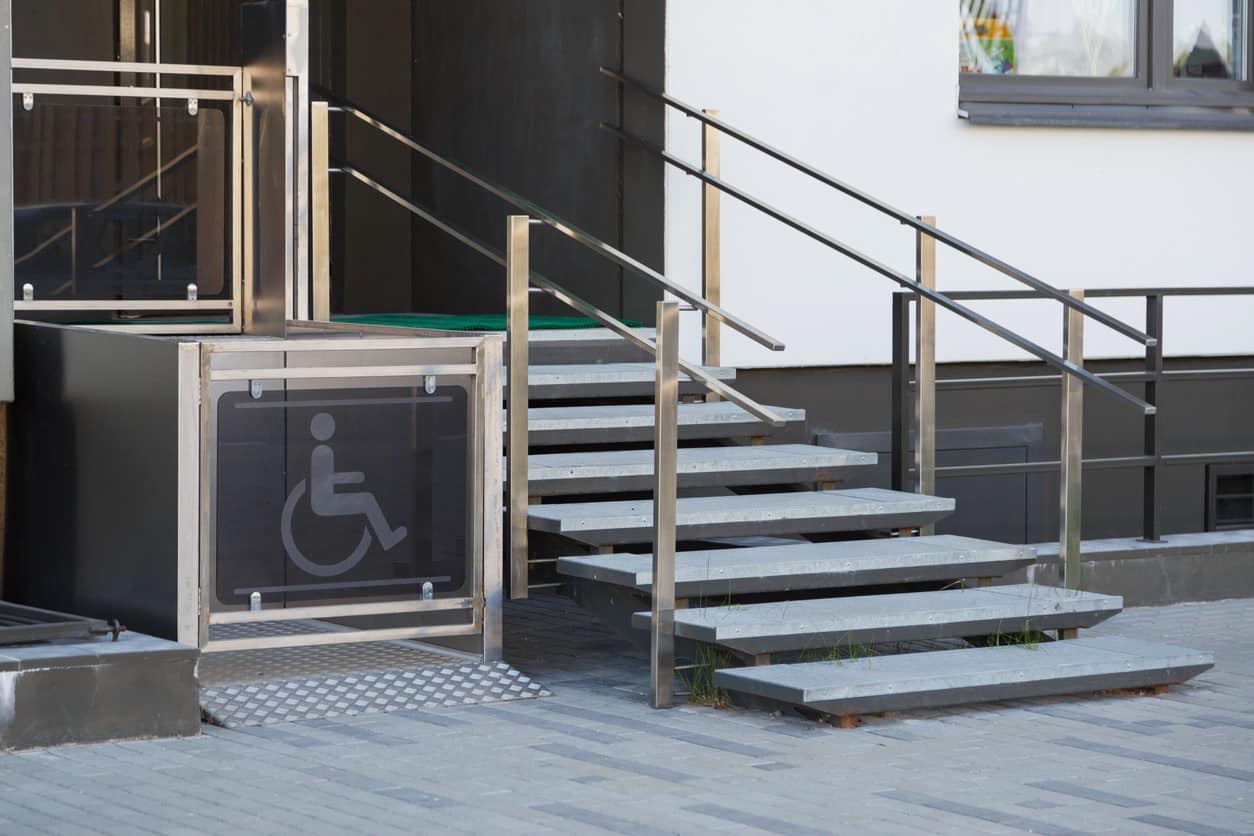If you’re looking to buy a commercial property, there are plenty of things to keep in mind before you decide to jump in with both feet. Read on to find out more…
Buying a commercial property is an exciting prospect, especially if it’s going to be the base for your businesses’ operations moving forwards. But, as you’ll probably be aware, there’s no use putting down an offer on the first building you set eyes on. In reality, there’s much more to the process than that.
Buying a commercial property can often prove to be more complex than putting down an offer on residential property. There are plenty of additional details you need to consider before you make a final decision.
The question is, what might those considerations look like? Be sure to keep reading to find out…
10 Things to Keep in Mind Before You Buy a Commercial Property
1.) Research the Local Market
If you’ve spotted a property that you think is worth investing in, you should always conduct thorough research of the local market before you consider matching the asking price. If you don’t carry out thorough research before you put down an offer for a commercial property, there’s a chance you’ll be paying well over the odds.
You never know, you might also find that you’ve stumbled across a bargain. In this case, you’ll want to seriously think about moving ahead with the transaction.
2.) Location
Picking the right location is one of the most important steps to finding the right property for your business. Location will often determine how expensive a property is which will, in turn, have an impact on what you can get for your budget. For instance, you may be able to purchase a small building in a city centre for the same price as one in a more remote location.
The proximity to transport links is another important consideration to make when it comes to choosing the right location. If you have a large workforce that will be regularly commuting to your building, you’ll want to make sure that the property is within a reasonable distance to where the majority of them live. You’ll also want to ensure that there are forms of transport available – like a train or bus station.
3.) Check Accessibility
Not every commercial property is built with accessibility in mind. For instance, some will be on upper floors, which means you will need to have a working lift to make sure everybody is able to access it equally.
While you may not have any employees who have specific accessibility requirements right now, there’s nothing to say that you won’t employee someone in the future. You also have to consider any potential client’s accessibility needs too.
4.) Compromise Might be Necessary
We can’t always get exactly what we want in life. The same applies to purchasing any type of property!
If you have a strict budget, it’s unlikely you’ll be able to tick off everything on your checklist for your ideal property. So, compromise is an unfortunate inevitability.
On the flip side, if there are some things you really can’t compromise on – such as having onsite cooking facilities – you’re going to have to think about altering your budget.
5.) Think About Your Deposit
When you buy a commercial property, you’ll need to put down a deposit to secure your purchase. So, it’s important to consider how much of a deposit you want to put down in relation to the price of the property itself. A minimum 25 percent deposit is usually required, but the more money you can invest yourself, the better.
6.) Get a Building and Structural Survey
Before you go ahead with purchasing a commercial property, you’ll need to make sure that it is definitely fit for use. That’ll mean going out and getting building and structural surveys.
A building survey is carried out by a Royal Institute of Chartered Surveyors (RICS) Building Surveyor, and includes a full inspection of all the accessible parts of the property. A structural survey is completed by a chartered civil or structural engineer.
7.) Check if Subletting is Available in Your Lease
If the commercial property you’re eyeing up is too big for your business right away, but you wish to grow, it might be worth looking into the potential of subletting. This should help you to manage cash-flow challenges, and maintain flexibility in your premises.
It’s important to note that you won’t be automatically allowed to sublet. Certain contracts may prohibit it altogether, so it’s important to pay attention to the fine print to avoid being in breach of contract.
8.) Take Note of Hidden Charges
Any property will have costs which relate to the running and maintenance of the property. Often times, these costs aren’t immediately obvious, which means they should be clarified when contracts are negotiated.
The last thing you want is to agree a deal for a property that you consider to be a bargain, only to find that the running costs are well beyond what you can realistically afford!
9.) Visit the Property in Person!
This may seem obvious, but you’d be surprised how many people don’t bother checking the commercial property they want to buy in person. A property may look like the real deal when you view it online, but you won’t be able to get a proper feel for it if you don’t visit it in person.
An in-person visit during the early stages can also help you identify any problems with the property that you may be able to otherwise address.
10.) Have a Think About the Impact of Remote Working
The COVID-19 pandemic has irreversibly changed the approach to remote working. Now, businesses have realised the benefit of allowing employees to work from the comfort of their home.
This should be an important factor to consider when you’re buying a property for your business. If you allow your employees to work from home, then you won’t need to purchase an expensive property that accommodates for everyone at once, saving you money along the way.
Are You Looking to Purchase a Commercial Property?
And with that, the list comes to an end. If you’re looking to buy a commercial property, these tips should set you on your way.
Have you got any more tips for investing in one? Feel free to leave them in the comments below!








Thanks for the reminder that I will have to be aware of hidden costs when it comes to commercial properties for sale. I’m interested in investing on at least one soon because I’d like to make sure that I have enough stuff in my investment portfolio before I enter my forties. That might be a good enough window for me to invest so that I can reap the rewards when I retire someday.
If I were to buy a commercial property, I would make sure to hire the best real estate agent that may help me find the perfect property since this type of professional is very keen on the current market. Well, I also agree with you that it would be best to visit the property in person because this will help her identify any problems. Thank you for suggesting here as well the importance of hiring a service that may survey the prospective property because this may avoid her from making any bad investments.
Thank you for the helpful information. I am using it for my term paper. Maybe share it with my friends, they are students!